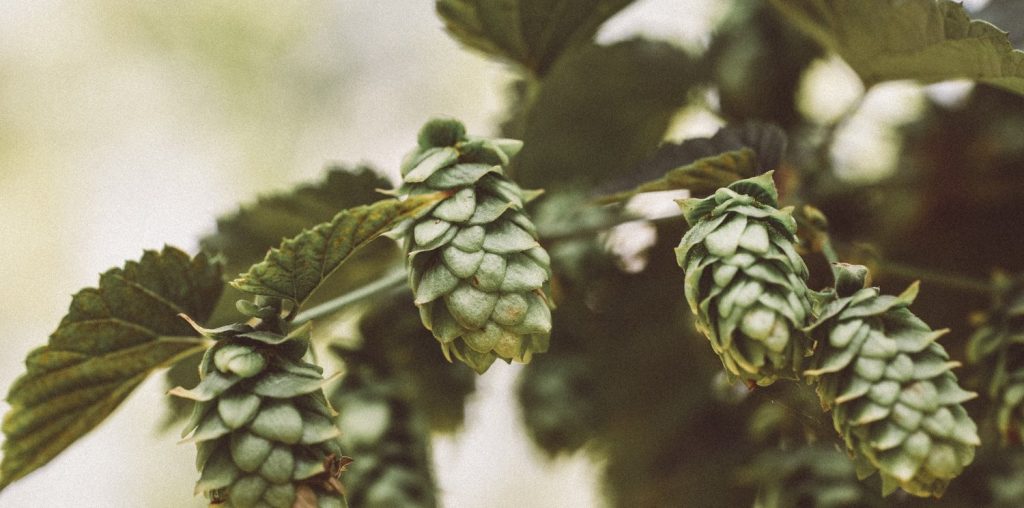For the last century, cannabis has gained a bad rap. Reefer madness and more have beat up this plant, a member of the Order Rosales, which is known for producing some of the most popular ornamental flowers and edible fruits. Apart from a wide variety of roses, other products of Rosales include apples, cherries, peaches, plums, pears, raspberries, strawberries and figs. But wait – there are a few others, including Cannabaceae, which itself has over 170 plants as members. Hops are one of them, which we all know is famous for bringing us beer.
Using essential thinking, it would seem that if one loves roses one should also love cannabis. But this issue gets very cloudy for the individual holding onto their favorite cold beer while also putting down our beautiful beloved nuggets of weed, potheads, ganja growers, reefer lovers, stoners, medical patients and anyone else who might find pleasure and relief from a plant in the same family that created their frosty beverage.
The hard truth for many to chug down is that they’re drinking a kissing cousin of cannabis, with both cannabis and hops being leaders in the family Cannabaceae. These unique plants contain compounds that can have psychoactive effects, are used recreationally and have great potential to help people heal.
Humulus lupulus L. is the scientific name for hops. They’re grown all over the world, and, much like cannabis, it’s the female plant that’s most desired. Both plant types are known for the medicinal properties in their terpenes and sesquiterpenes, and both plants are also heavily studied for their ability to fight cancer. Acids in the hops, called humulones and lupulones, blocked the clinging of leukemia cells to the bone in scientific experiments and have been proven to kill cancer cells.
When you look at the plants, there’s no denying that hops and cannabis share a family resemblance. The next time you raise a glass of beer, you should be giving the toast to your drink’s extended family in the hemp plant world – not just the humble hops plant.
But, before you leave with this tidbit of oh-so-interesting information, let’s set the record straight about cannabis and alcohol. Recent data from the world of insurance proves that ganja users are safer drivers, but this doesn’t apply when cannabis has partaken with other CNS depressants.
It also doesn’t apply to smoking or drinking while, or right before, driving.
Research indicates that, in the last 20 years, traffic fatalities involving both cannabis and alcohol have more than doubled. This data gives us a great reason to use these two members of the beautiful family Cannabacae separately if one intends to operate a motor vehicle.
Two plants, one family and two distinctly different crowds that enjoy both. And yet unity between them doesn’t exist as it should. Cannabaceae has much more to offer the world than hops and hemp, but these two plants, when investigated for medicine, are powerful tools of the future.
Of course, we won’t be drinking and smoking during our cancer treatments. Or will we? Who would have known that a demonized and marginalized pot plant had anything to do with beer? The answer to that question is simple. The U.S. government has known this for nearly a century; the number one source for all research on this family of plants has been the U.S.D.A.
Reprinted from FAT NUGS Magazine – The hottest news in Cannabis!
“How The Hemp Family Cannabaceae Creates Your Beer” By: Mike Robinson
Mike Robinson is the founder of the Global Cannabinoid Research Center and three-time Cancer Survivor. Named to the Top 100 Most Influential People in Cannabis by High Times, Robinson is the former Director of Communications for the American Academy of Cannabinoid Medicine and the past founder and Director of the American Cannabis Compassion Alliance – an entity that gave away cannabis oils to those in need across America. He’s known as a global educator in plant medicine, but gained fame for adopting one of his cannabis compassion patients, Genevieve, while beating cancers and opioid addiction through the intentional use of cannabis oils.


